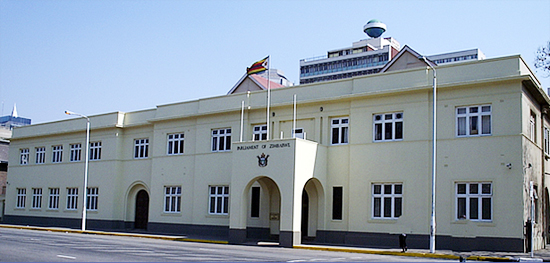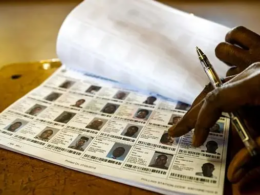During an election period, candidates vying for parliamentary offices tend to over-promise as they try to woo the would-be voters, with some promising to construct roads, pay fees for the less-privileged, and other related factors.
This has somewhat brought about confusion on the roles of an elected Member of Parliament (MP).
Zimbabweans will on March 26 go to by-elections to fill in 28 vacant National Assembly and over 100 local authority seats and candidates across the political divide have started canvassing for votes.
An MP has three key roles, which are clearly defined together with those of the Parliament in the Constitution of Zimbabwe as follows:
1.) Representational
· As an elected official, an MP is expected to speak for and air views of those who elected them to office.
· They are expected to represent the aspirations of the electorate and engage in debates that give value to the wishes and will of citizens.
· An MP must communicate effectively and give feedback to their constituency for the electorate to be kept informed of key national developments.
2.) Legislative/ law-making
According to Section 117 of the Constitution of Zimbabwe, the legislative authority is derived from the people and is vested in and exercised in accordance with the Supreme law by the legislature (parliamentarians).
Section 117 (2) reads: “The legislative authority confers on the Legislature the power–
a. to amend this Constitution in accordance with section 328;
b. to make laws for the peace, order and good governance of Zimbabwe; and
c. to confer subordinate legislative powers upon another body or authority in accordance with section 134.”
3.) Oversight
This entails the scrutiny or supervision that parliamentarians are expected to exercise over the workings of the executive, including the implementation of laws passed by Parliament and the expenditure of funds allocated in the national budget.
Elaborating on this role, Section 119 of the Constitution reads: “1. Parliament must protect this Constitution and promote democratic governance in Zimbabwe.
2. Parliament has power to ensure that the provisions of this Constitution are upheld and that the State and all institutions and agencies of government at every level act constitutionally and in the national interest.
3. For the purposes of subsection (2), all institutions and agencies of the State and government at every level are accountable to Parliament.”








